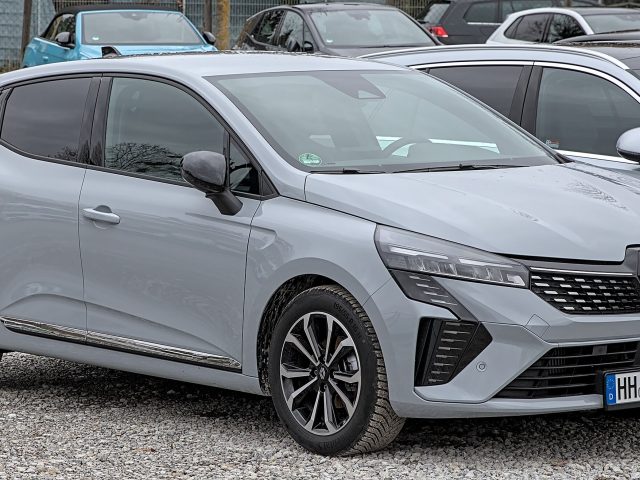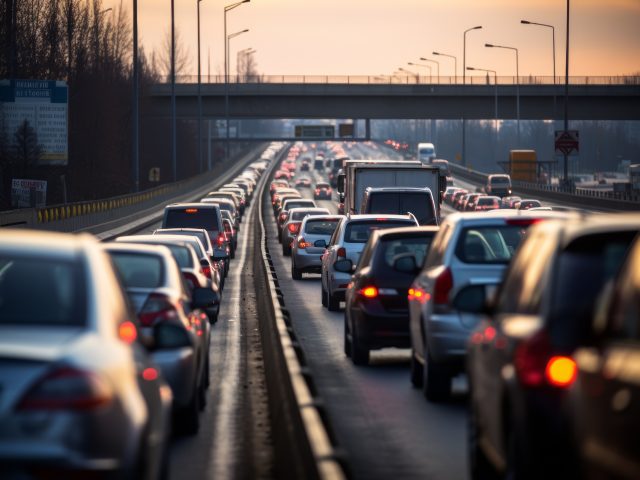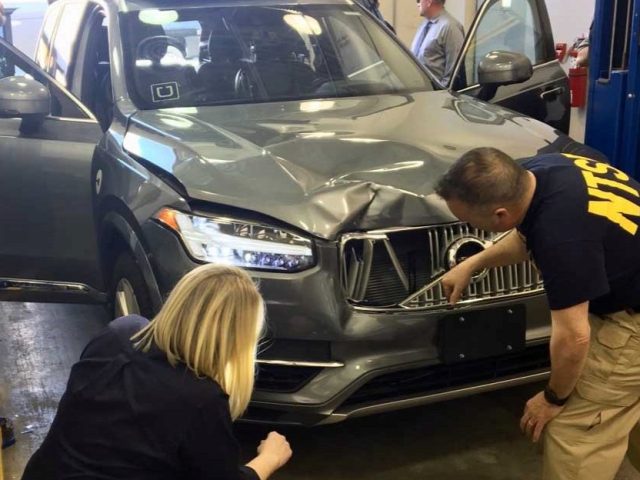WHO urges governments to require minimum vehicle safety standards
The World Health Organisation (WHO) is calling on governments around the world to apply the UN’s most important vehicle safety regulations. In its 2015 Global Status Report on Road Safety (published 19 October) the WHO reveals “worrying data showing that less than half of countries implement minimum standards” and warns that “Governments have a responsibility to take the steps needed to ensure their citizens have access to safe vehicles”.
Using seven priority vehicle safety standards recommended by Global NCAP, the WHO has carried out a unique survey on how they are currently being applied by governments around the world. The seven standards are from the UN’s World Forum for Harmonisation of Vehicle Regulations and cover seat belts, seat belt anchorages, front and side impact, electronic stability control, pedestrian protection and child seats. The results show that they are being fully applied by only 40 out of a total of 193 UN Member States and overwhelmingly by high-income countries. The Report argues that “there is an urgent need for these minimum vehicle standards to be implemented by every country”.
The WHO is worried that “these standards are notably absent in many of the large middle income countries that are major car manufacturers” now responsible for almost 50% of world passenger car production which reached a record level of 67 million units last year.
For example the WHO shows that the most important crash-worthiness regulations helping to protect occupants withstand front and side impact crashes “are poorly implemented globally”.
According to the report, just 49 countries (27%) apply the UN frontal impact test regulation and 47 (26%) apply the side impact test regulation. Again, these are predominantly high-income countries. The WHO is concerned that “in the absence of appropriate standards automobile companies are able to sell old designs no longer legal in well-regulated countries. Alternatively, they may “de-specify” life-saving technologies in newer models sold in countries where regulations are weak or non-existent”.
Citing the example of Electronic Stability Control (ESC) the WHO is concerned that global car manufacturers who are required to fit the system in high-income countries “can sell the same model to markets without this life saving technology if the country does not apply the ESC regulation”. To avoid such de-specification of safety technologies the WHO says ESC “should be mandatory in all vehicles”. Noting that the system is also effective in commercial vehicles (such as trucks, coaches and mini-buses) the WHO comments that “there is enormous life-saving potential for this technology across the world’s entire vehicle fleet that has yet to be tapped globally.”
- Latin NCAP has criticised carmaker GM for selling unsafe zero star cars in Latin America.







